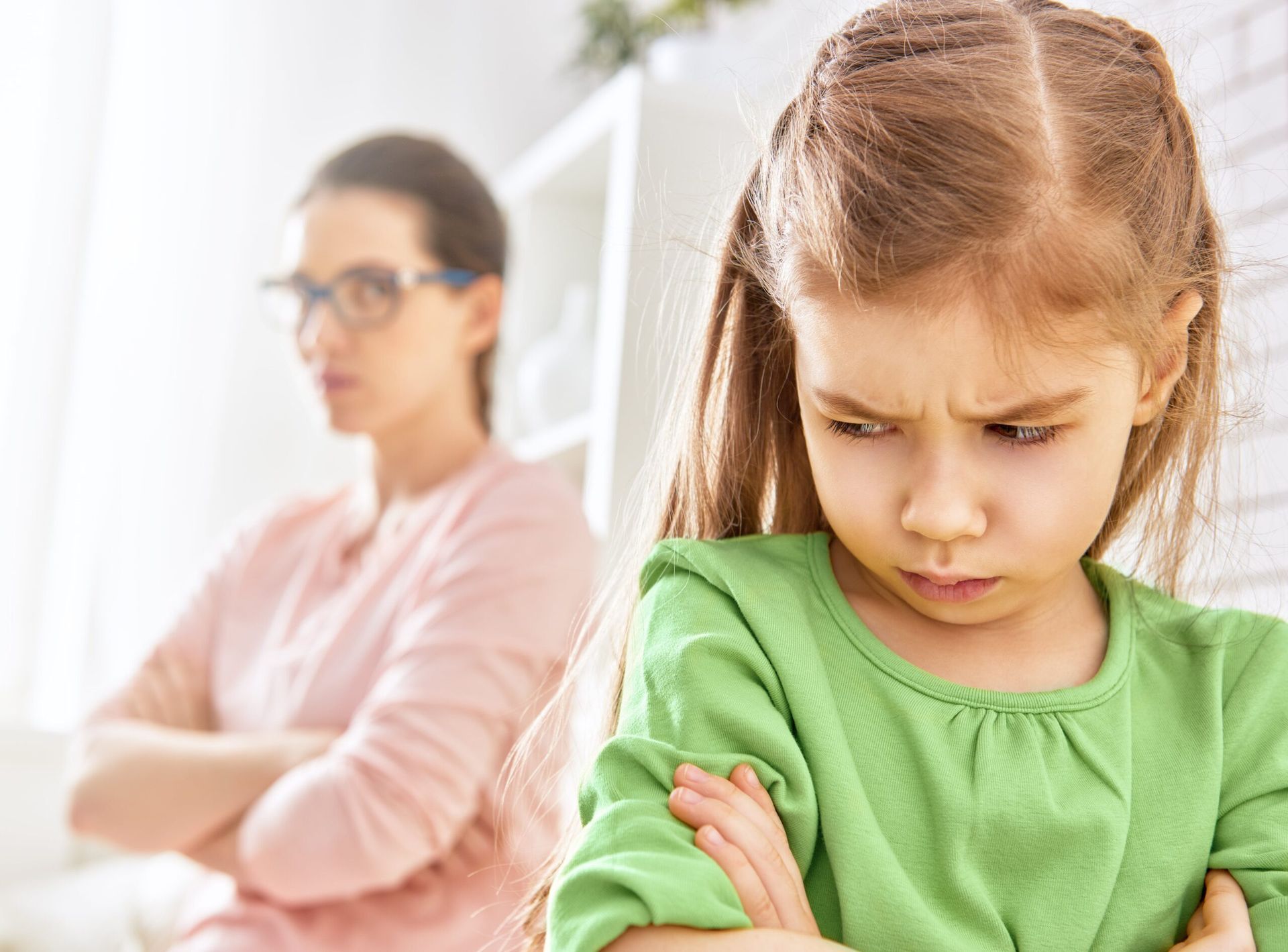Explore Our Blog
Parenting & Child Development – Part 10: What to Do When Your Child Says “I Hate You”
Advance Minds Blog
A safe space to explore subjects within the community such as mental health, substance abuse and personal identity.
Our safe space also provides the opportunity for real individuals to express their hardships and success through writing.
This is a subtitle for your new post

Why Kids Say Hurtful Things
Children don’t always have the language to express big emotions like frustration, sadness, or powerlessness. Saying “I hate you” is often their way of shouting, “I feel out of control” or “I don’t know how to handle this feeling.”
It’s rarely about actual hate—it’s about being overwhelmed.
🌪️ Don’t Take It Personally
As hard as it is, remember:
- Kids are still learning emotional regulation
- Their words aren’t always a reflection of true feelings
- Reacting emotionally may escalate the situation
Take a breath. Remind yourself that you’re the adult—and the safe container for their storm.
🧍 Respond with Calm, Not Punishment
Instead of yelling back or issuing consequences for the words, try:
- Staying quiet for a moment
- Saying, “It sounds like you’re really upset right now.”
- Adding, “I love you, even when you’re angry.”
This teaches emotional safety, not shame.
🧩 Address the Feeling, Not Just the Words
Later, when your child is calm:
- Talk about what led to the outburst
- Help them identify the real emotion: “Were you feeling sad, angry, or frustrated?”
- Give them language: “Next time, you can say, ‘I’m really mad right now.’”
Naming emotions reduces their power.
🛠️ Teach Better Ways to Express Big Feelings
Children need tools—not just rules.
- Use books, games, or emotion cards to explore feelings
- Practice simple scripts like: “I feel ___ because ___.”
- Role-play how to handle frustration in respectful ways
Skills take time—but the payoff is emotional maturity.
💬 When It Keeps Happening
If “I hate you” becomes a repeated pattern, it may signal:
- Built-up tension in the home
- Underlying emotional struggles
- The need for more connection, not just correction
Focus on quality time, clear boundaries, and consistency.
🌿 Final Thoughts 💞🌈
Your child’s harsh words don’t mean they don’t love you.
They mean they’re struggling—and need your help to navigate the storm inside them.
When you stay steady, model calm, and teach emotional language, you show them a new way to relate—not just to you, but to themselves.

















